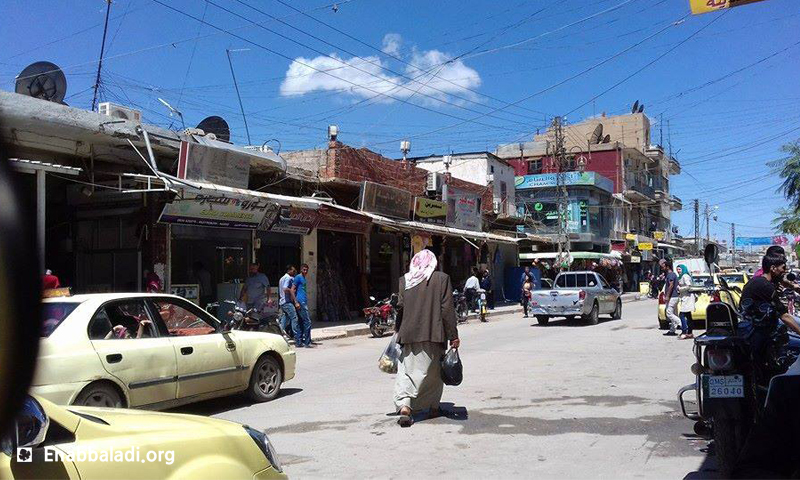
“Spinsterhood” phenomenon is growing in the province of Hasaka

Printed Edition ‖ No.: 220
Enab Baladi – Al-Hasaka
The “spinsterhood’s” phenomenon has increased in the cities and towns of Al-Hasaka province, with the continuing immigration from the Jazeera areas in Syria to Europe, specifically the young men who are fleeing the rules of local authorities in the predominantly Kurdish areas.
The number of immigrants’ young men from the province reached its highest levels long time ago. According to the opinions of residents of the area surveyed by Enab Baladi, the customs of the society and the difficult living conditions they are experiencing also negatively affect and increase this phenomenon.
Proportions of young men’s immigration exceeded 75%
Jasem Nawaf Rasheed, Statistics Section official at World Health Organization (WHO) in the countryside of Al-Hasaka, explains to Enab Baladi that the recent results conducted by the organization in the areas of Derek, Malkieh, the city of Qamshli and its countryside showed increasing migration ratios of young men from the area.
Nawaf Rasheed pointed out that the ratios of the immigrant young men outside the area, who are less than 35 years old, reached 75%, while the immigrant females’ ratios did not exceed 10% in the areas included in the poll.
The living conditions helped the spread of the phenomenon
The residents consider the lack of financial payoff and the low salaries, in addition to difficult living conditions, reasons that contributed in the spread and outbreak of “spinsterhood” in Al-Hasaka.
Shaheera Mahmoud Hajji, a 38-year-old girl from the countryside of Tel Hamis, considers that the conditions of her life prevented her from getting married, pointing to Enab Baladi that she works in planting and collecting crops with her sisters, after her father refused her marriage.
Hajji explains that she and her family went through “difficult” times, adding; “after I have grown in age, no one would like to marry me now.”
Maha Al-Hussein, a girl from the countryside of Qamishli, whose father passed away, and the fact that she needs to support her family, forced her to leave her school and devote herself to work, according to what she says to Enab Baladi, adding “since I am the eldest among my siblings, I had to work since a long time in sewing.”
Maha is 40 years old and she refuses the idea of marriage; “in order for my younger brothers to continue their study and life in a normal way.”
Omran AlMajoul, the owner of a workshop of female workers in collecting cotton and crops, also spoke in the same context, explaining to Enab Baladi that “most of the workers in the workshop (66 workers) are not married and they work to support their families, after living got tight for them.”
Shahinaz Marcini (40 years old), who comes from the countryside of Qamishli, said that the number of the residents in her small village reach around 700 people, noting in an interview with Enab Baladi that “40 girls, who have now passed the age of 35, are currently working in planting and animal husbandry, and are not married yet.”
The customs of the society contributed negatively
According to Riyad Nasser, a lawyer from the city of Qamishli, the customs and traditions in the area of Al-Hasaka contributed negatively and had a remarkable role in the spread of the phenomenon.
Nasser points in his interview with Enab Baladi that “honor crimes have increased recently, as the courthouse in Qamishli has recorded 4 crimes last April.”
The Self-management that runs the cities and towns of Al-Hasaka issued decree No. 22 in 2014, by which it prohibits polygamy, stating that any violation of the decision will hold that person accountable legally and imprison him. This was considered by some residents a reason for the spread of “spinsterhood”, as some men would like to marry more than one woman, as they describe it.
Upon the increase of the pressures on the residents, in light of the economic besiege imposed on the area for months now, as well as the recent tension witnessed in Qamishli following the clashes between the Kurdish units and the Syrian regime, the residents of Al-Hasaka see no future solution for this phenomenon, but consider it to develop one day after the other.
if you think the article contain wrong information or you have additional details Send Correction
النسخة العربية من المقال
-
Follow us :
Most viewed
- Turkey moves to deploy air defense system in Syria
- Intentions for popular resistance amid Israeli escalation in southern Syria
- SDF to withdraw from Aleppo neighborhoods following agreement with Damascus
- Washington's conditions raise questions about its openness and goals in Syria
- Syrian returnees celebrate first Eid after liberation

















 A
A
A
A
A
A
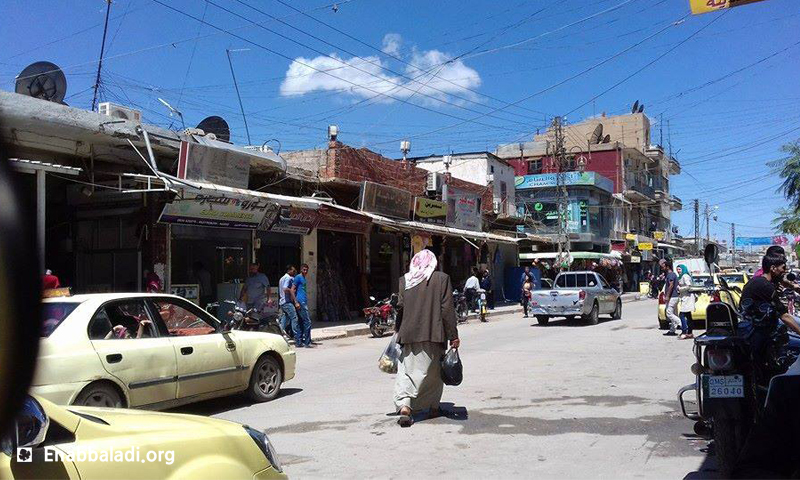


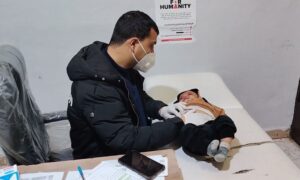
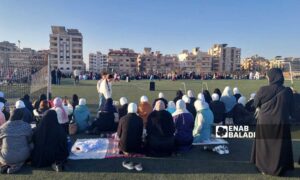
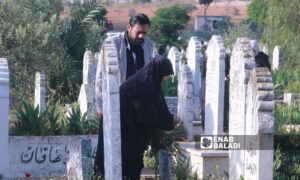
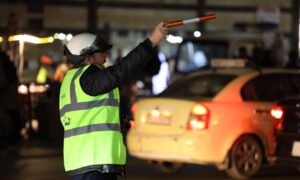
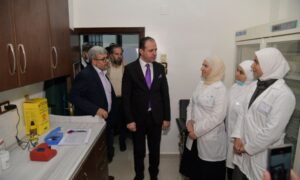
 More Society
More Society